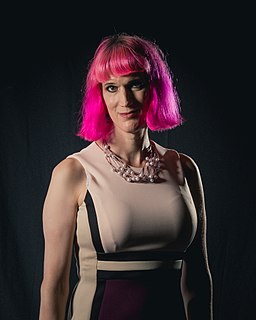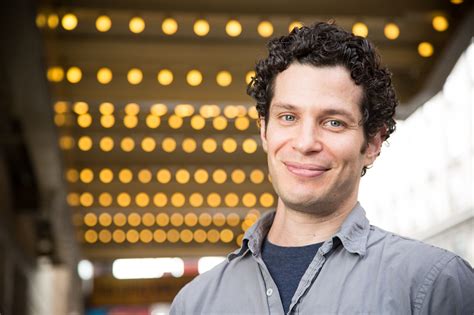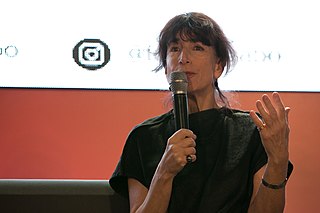A Quote by Alan Furst
Struggling writers are often advised to pick a simple genre, but it doesn't work that way.
Related Quotes
Part of the job is knowing how to use this medium in the most effective way for the story you're telling, so for me, to pick a genre I want to do is a little harder. I would say it's more about thinking, 'What genre will work for what kind of story?' And then, when all of that comes, I embrace it and run with it.
One of the challenges of being a director is often you don't get to work with your peers. You know, writers can write together, and as a director you get to work with so many wonderful actors and writers and designers. But it's pretty rare that you get a chance to partner in that way with another director.
People often ask me why my style is so simple. It is, in fact, deceptively simple, for no two sentences are alike. It is clarity that I am striving to attain, not simplicity. Of course, some people want literature to be difficult and there are writers who like to make their readers toil and sweat. They hope to be taken more seriously that way. I have always tried to achieve a prose that is easy and conversational. And those who think this is simple should try it for themselves.
As for the multiple editions, in the case of a truly great writer - Shakespeare, Emily Dickinson, Proust, someone with a canon - there is often a "variorum" edition of the work that presents its variants. I think publishing most other writing that way would be impossible, economically, for publishers, and very ill-advised for authors.
I think that very often younger writers don't appreciate how much hard work is involved in writing. The part of writing that's magic is the thinnest rind on the world of creation. Most of a writer's life is just work. It happens to be a kind of work that the writer finds fulfilling in the same way that a watchmaker can happily spend countless hours fiddling over the tiny cogs and bits of wire. ... I think the people who end up being writers are people who don't get bored doing that kind of tight focus in small areas.
Beginning writers are often advised to 'write what you know,' and since I knew about quilters - their quirks, their inside jokes, their disputes and their generosity, their quarrels and their kindnesses - the lives of quilters became a natural subject for me. Quilting wove together my two themes as completely and effortlessly as I could have hoped.


































